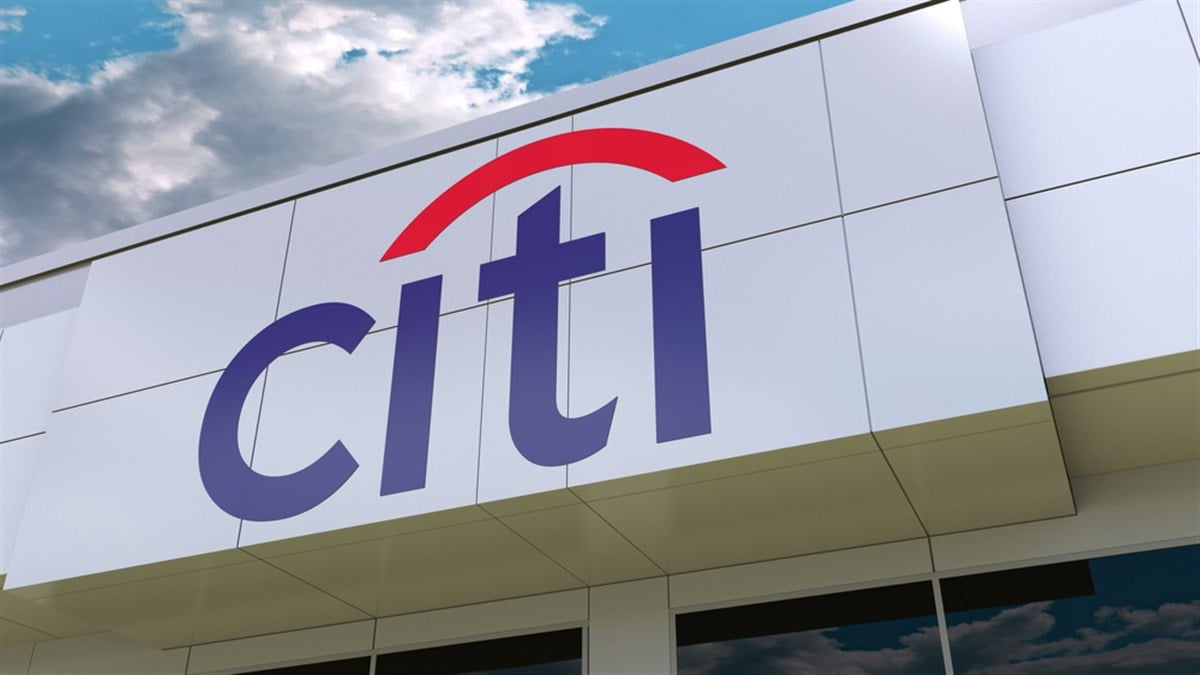
The most critical earnings set for investors to look over and digest this season have just come out, and those are the results of the financial sector, particularly from banking stocks. However, investors need to understand that there are two types of banks to watch over this season: commercial banks and investment banks. The former covers the business cycle, while the latter covers the consumer cycle.
Investors would be surprised to learn that shares of Citigroup Inc. (NYSE: C) are down by over 5% the day after the bank reported its latest quarterly earnings results. The reason for the stock’s decline, however, has little to do with Citigroup's actual revenues and fees and more with an industry metric and regulatory speculations.
This doesn’t clear Citigroup out of trouble; otherwise, bullish traders and investors would have come running to the stock once the discount became apparent enough for everyone to close the gap and bring it back to its reasonably perceived price before the selloff took place. Investors can see the bearish momentum building up further in two simple metrics for Citigroup stock as a potential warning for the rest of the industry.
Citigroup Becomes the Latest Victim of a Worsening Consumer Sector
Credit losses and delinquency rates are on the rise. This trend has been accelerating since a couple of quarters ago, showing investors why consumer discretionary stocks like Nike Inc. (NYSE: NKE) and Lululemon Athletica Inc. (NASDAQ: LULU) both trade significantly below their 52-week high prices.
For Citigroup, this trend came in the form of a $2.7 billion credit loss, which management directly quotes as being accredited to credit losses in their card business. This is not a Citigroup-specific issue but rather an industry-wide issue, considering that peers like Bank of America Co. (NYSE: BAC) have also reported similar deteriorations in their credit card business.
Even corporate banks like Goldman Sachs Group Inc. (NYSE: GS) have decided to stay out of the consumer segment by ditching their consumer products initiative, particularly with Apple Inc. (NASDAQ: AAPL) and their credit card collaborations. Going back to Citigroup, investors can notice the rise in 90-day delinquencies for their cards.
Now at 1.5%, compared to the 1.3% from 12 years ago, 90-day delinquencies show concern for the rest of the banks and stocks involved with the health of the U.S. consumer. This is not enough to send the stock lower by 5%, however, but the following factor is.
Citigroup Stock Selloff: Regulatory Speculation and Faltering Profits Behind the Decline
Citigroup's CEO, Jane Fraser, had to defend herself against accusations and speculations from analysts during the earnings call, all centered on the thought that Citigroup might suffer from what's known as an "asset cap." Recently, another bank was deemed guilty enough of wrongdoing to have an asset cap placed on it.
Shares of Toronto-Dominion Bank (NYSE: TD) are down over 13.5% from their 52-week high after the bank was accused of money laundering. While that has nothing to do with Citigroup, analysts are rightfully concerned about the possibility of these issues spilling over to other bank names.
These fears were sparked by the falling profitability at Citigroup, specifically with one of the industry's most important metrics. The bank's return on tangible common equity (ROTCE) fell to a low of 7%, which alarmed investors, considering most peers delivered a near-double rate of return.
Bank of America, for example, reported a much higher ROTCE of 12.8% on the same day. This creates concerns about Citigroup's management's ability to effectively invest the bank's capital to deliver industry-attractive rates of return, severely compressing Citigroup's future potential earnings per share (EPS).
A 7% decline in Citigroup's EPS attracted further bearish sentiment and momentum for the stock. Starting with short sellers, the bank's short interest has been on the rise over the past quarter, from $1.5 billion to over $2.2 billion this quarter.
Broader markets agree with Citigroup stock's further potential downside, as investors can gauge through current valuation multiples compared to the rest of the finance sector. Specifically, investors can look at Citigroup's 18.5x price-to-earnings (P/E) ratio as a major discount to the finance sector's average valuation of 49.5x today.
Markets typically discount a stock when they expect lower growth or lower prices ahead, which makes sense after Citigroup's fall behind its peers in some of the important profitability metrics and price action.














